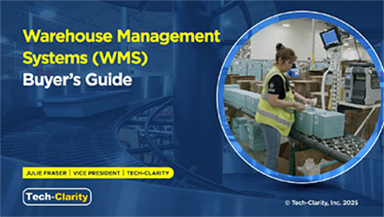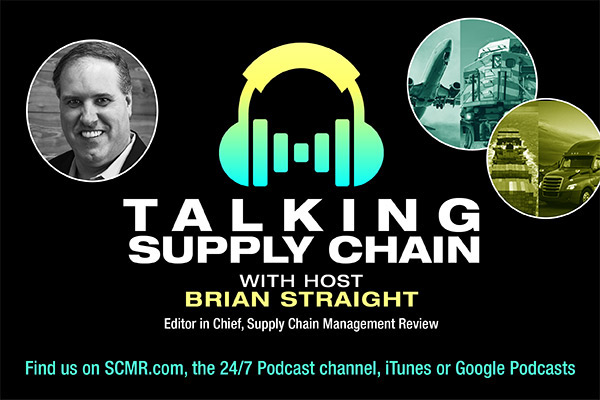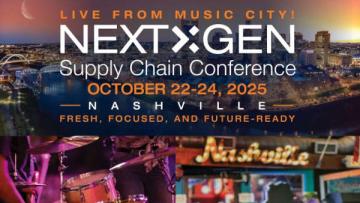In a supply chain galaxy fraught with risk, a new generation of young people are being schooled in contingency planning and worst-case scenarios.
“Colleges and universities have to get their graduates ready to hit the ground running,” said Kris Colby, a board member of Howard University’s Supply Chain Management (SCM) program. “New hires will have sophisticated forecasting and management technology to use, but they must really be ready to implement change when they enter the workforce.”
Howard University implemented its SCM Program in 2001. Since its inception the program has been well received by students and corporate supporters like Dell, Eaton, Electrolux, Ariba, IBM, Raytheon, Tyco, United Technologies, and others. The SCM curriculum represents the MBA Program’s commitment to produce graduates who are well-equipped to cope with the very latest trends in supply management.
“While most students know the basics about sourcing events, Howard’s instructors ‘get them into the weeds’ when it comes to setting up good vendor negotiations, and building out a project,” said Colby.
The program’s goals, he said, are diverse. Among them are:
• Deliver quality education to students in a way that will enable them to demonstrate high value to their future employers.
• Attract outstanding students who, based on their past academic and business achievements, will be tomorrow’s business leaders, particularly in the SCM field.
• Establish a wide network of contacts with U.S. companies that are leaders in the SCM field and that can help provide internships, guidance, and funding for the program.
• Provide a satisfactory return to the companies who invest in the program in a way that will promote continued involvement.
• Place Howard University among the top educational institutions?for teaching and research in SCM.
Colby, who also works as the strategic alliance manager for Ariba, said that Howard University students used Ariba’s platform to conduct a sourcing event.
“It’s a new way the school’s using technology to assist how supply chain professionals source and procure materials necessary to run a business,” he said. “Students learn how to save their future companies thousands in supply chain costs. It also provided them with an introduction to the cloud; a key differentiator for Howard’s business school in a crowded marketplace.”
But while this experience may give some graduates an advantage when seeking employment, executive recruiters maintain that on-the-job training is a given.
“Those students that have more than five years experience in the field before pursuing an advanced degree are going to be much more successful,” said Lynn Failing, vice president of Kimmel & Associates, a leading placement firm in the supply chain arena.
“And ultimately, the school will succeed if concentrates on leadership, as well as training.”
For related articles click here.
SC
MR

More Universities & Colleges
- Uber Freight’s Val Marchevsky to deliver Keynote at NextGen Supply Chain Conference
- Last call for speaker abstracts, award submissions for NextGen Supply Chain Conference
- ProMat 2025 show wrap up
- Curing all that ails the procurement talent pipeline
- Nature and supply chain innovation
- Register to speak at the 2025 NextGen Supply Chain Conference
- More Universities & Colleges
Latest Resources

 Explore
Explore
Education News
- Uber Freight’s Val Marchevsky to deliver Keynote at NextGen Supply Chain Conference
- Last call for speaker abstracts, award submissions for NextGen Supply Chain Conference
- ProMat 2025 show wrap up
- Curing all that ails the procurement talent pipeline
- Nature and supply chain innovation
- Turning cold storage into a hot career: Hunting for tomorrow’s skilled workforce
- More Education
Latest Education Resources

Subscribe

Supply Chain Management Review delivers the best industry content.

Editors’ Picks





